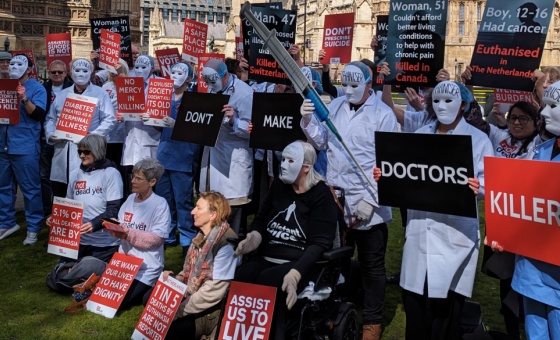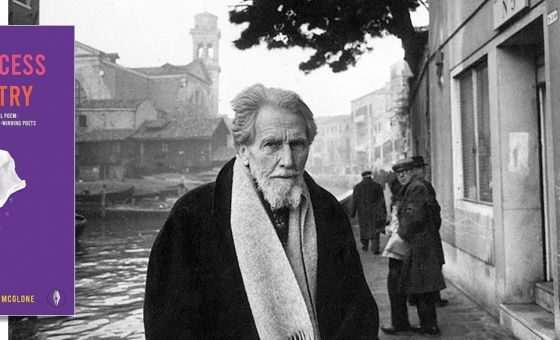This is the last article you can read this month
You can read more article this month
You can read more articles this month
Sorry your limit is up for this month
Reset on:
Please help support the Morning Star by subscribing here
KEIR STARMER has got rid of or watered down nearly all of the headline policies that Labour had before a general election. The only one left is a pledge to address workers’ rights and abolish Tory anti-union laws. A particular focus is on the right to strike where current Tory law could force workers who have backed action to work to “maintain service levels.”
Rachel Reeves, in a recent speech to City suits, said that Labour would get rid of Tory employment laws back to 2010. Starmer has also underlined that action on rights at work would take place within 100 days of the election of a Labour government.
Many, cynical of Starmer’s Great Moving Right Show, suggest that changes will end up not happening. The CBI is demanding that a ban on zero-hours contracts, which it sees as restricting employers’ use of flexible labour, a polite phrase for exploitation, is watered down. Labour seems to be ready to review this and indeed to seek approval of business for the changes.
Peter Mandelson has said that time must be taken, while Rupert Murdoch’s Times newspaper — a product of the Wapping dispute — has complained in an editorial that changes to labour law represent Labour dancing to the tune of its “militant paymasters.” Those on the left might think the term really applies to Labour’s business donors.
We have been here before — and some of the key players remain influential. The 1997 Labour government headed by Blair promised to address the years of Tory anti-union laws by reinstating what it claimed would be a level playing field at work.
The bigger issue was the introduction of a national minimum wage. This was opposed by many business interests on the basis that it could not be afforded, would not work and so on. However, it was implemented and remains in force, although many would argue it should be higher.
The second was a parliamentary Act on employment relations. Notably, this did not become law until July 1999. It was not seen as a priority and there was a fair bit of time spent listening to business about it.
Labour did not repeal any Tory anti-union law but instead gave legal force to trade union recognition and representation. It was a step forward from the Thatcher years, but a very modest one.
Cabinet papers available at the national archives give an indication of what had been going on. In the autumn of 1997, there is a file note of what is described as a “long and fractious discussion” between Tony Blair and John Prescott on “fairness at work.”
Prescott said that changes had been bought as a package by the TUC and if changes were planned this would need to be agreed by the Cabinet. Blair responded that the changes were practical ones because of what he claimed were genuine problems in how they would work.
Blair wanted to allow a right of appeal to the measure, eventually implemented, which would mean that if 50 per cent of workers voted for union recognition it would be automatically given. Prescott again argued that he did not think what the TUC had put forward was up for negotiation.
Employment rights were not part of Prescott’s ministerial brief and the matter does not appear again until we find a file note from Peter Mandelson on March 9 1998. It says “Union recognition. Moving in the direction of the CBI. Ideal response for the TUC to be grumpy but not refuse to co-operate.”
Both Blair and Mandelson are of course still around and still influential. They have form on union rights — so before Starmer’s changes are trumpeted, it will be prudent to keep a close eye on what they are up to.
Keith Flett is a socialist historian. Follow him on X @kmflett.











